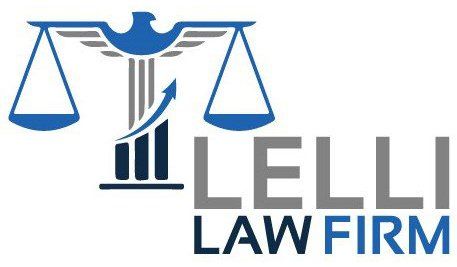Understanding Compensation Calculation in Personal Injury Cases: A Guide for Arizona Residents
Understanding Compensation Calculation in Personal Injury Cases: A Guide for Arizona Residents
Personal injury cases are often complex, and compensation in such cases is determined by various factors. If you or your loved one has been a victim of someone else's negligence or wrongdoing, it is essential to understand how compensation is calculated. In this guide, we will discuss the factors that Arizona courts consider when determining compensation and who pays for it. We at Lelli Law Firm are committed to helping Arizona residents navigate personal injury matters, and we hope this blog will help you understand the compensation process better.
Types of Compensation
In personal injury cases, compensation is usually divided into two categories - economic and non-economic damages. Economic damages are tangible losses an injured person suffers, such as medical bills, lost wages, or property damage. Non-economic damages are intangible losses, such as pain and suffering, emotional distress, and loss of enjoyment of life. The court considers both types of damages when determining compensation, and the value of non-economic damages may vary based on individual cases, the severity of injuries, and the impact of the injury on the victim's quality of life.
Factors Considered by the Court
The court considers several factors when determining compensation, including the degree and severity of injuries, the duration of medical treatment, the extent of property damage, and the impact of the injury on the victim's life. Additionally, the court may consider the age and earning capacity of the victim, any pre-existing medical conditions, and the extent of the defendant's fault in causing the injury.
Comparative Negligence
Arizona follows a comparative negligence rule, which means that compensation may be reduced if the plaintiff is partly at fault for the injury. For example, if a victim was injured in a car accident and was 20% at fault for not wearing a seatbelt, his or her compensation may be reduced by 20%. However, if the victim is found to be over 50% liable for the injury, he or she may not receive any compensation.
Who Pays for Compensation
In most cases, compensation is paid by the insurance company of the defendant. If the defendant doesn't have insurance or if the damages exceed the defendant's coverage, the defendant may have to pay out of pocket. However, if the defendant is not financially capable of paying the compensation, the victim may not receive the full amount.
Role of an Attorney
Navigating the compensation process can be challenging, especially if you are dealing with injuries and emotional trauma. An experienced personal injury attorney can help you understand your legal rights and fight for fair compensation on your behalf. They can also negotiate with the insurance company and prepare a strong case for trial if needed.
In summary, compensation in personal injury cases is determined based on various factors, and it's crucial to understand how it works. While economic damages are relatively easy to quantify, non-economic damages may require the help of an experienced attorney to calculate accurately. Navigating the compensation process can be complicated, but with the right legal representation, you can get the compensation you deserve. At Lelli Law Firm, we have extensive experience in handling personal injury cases and are committed to helping Arizona residents fight for their legal rights. Contact us today for a free consultation.













